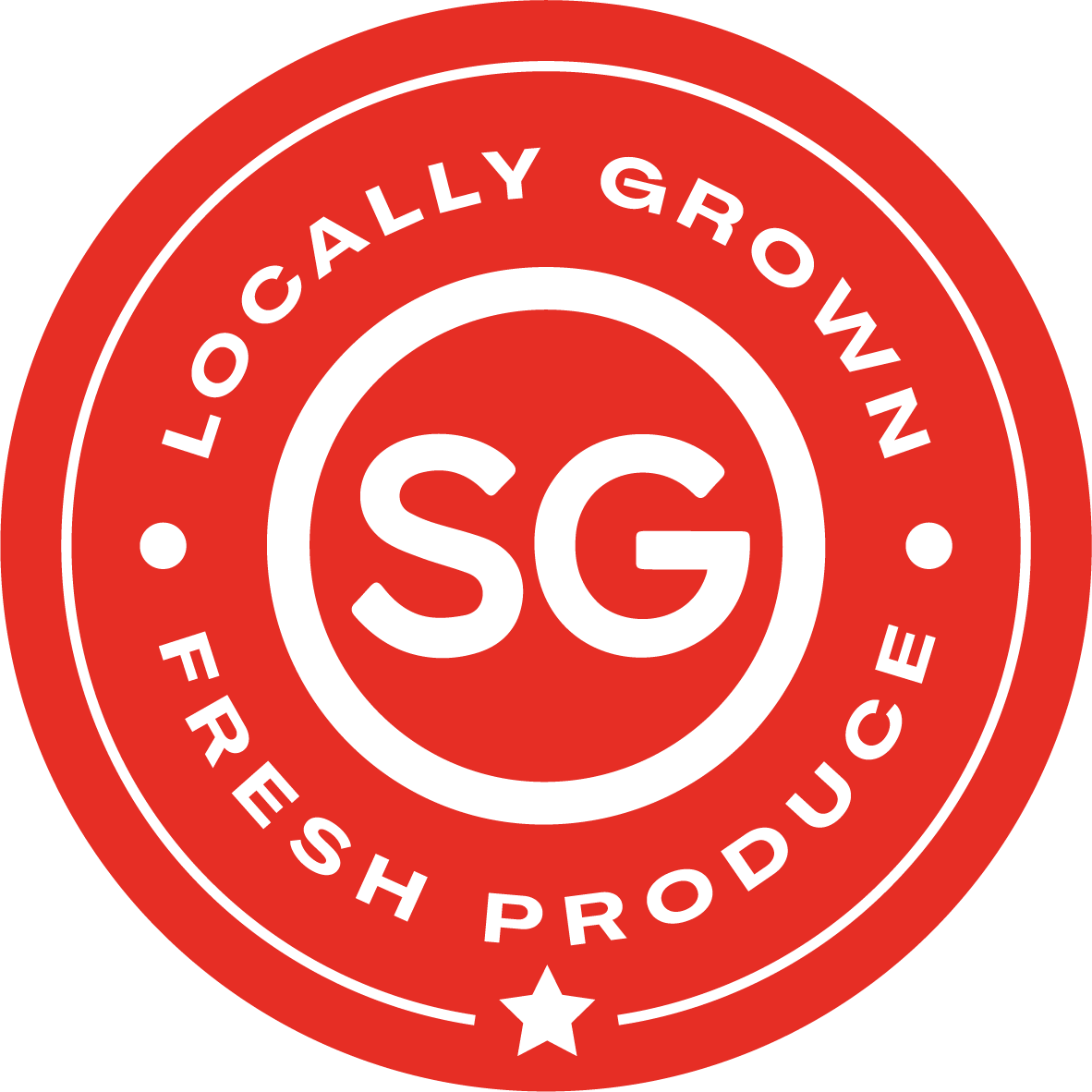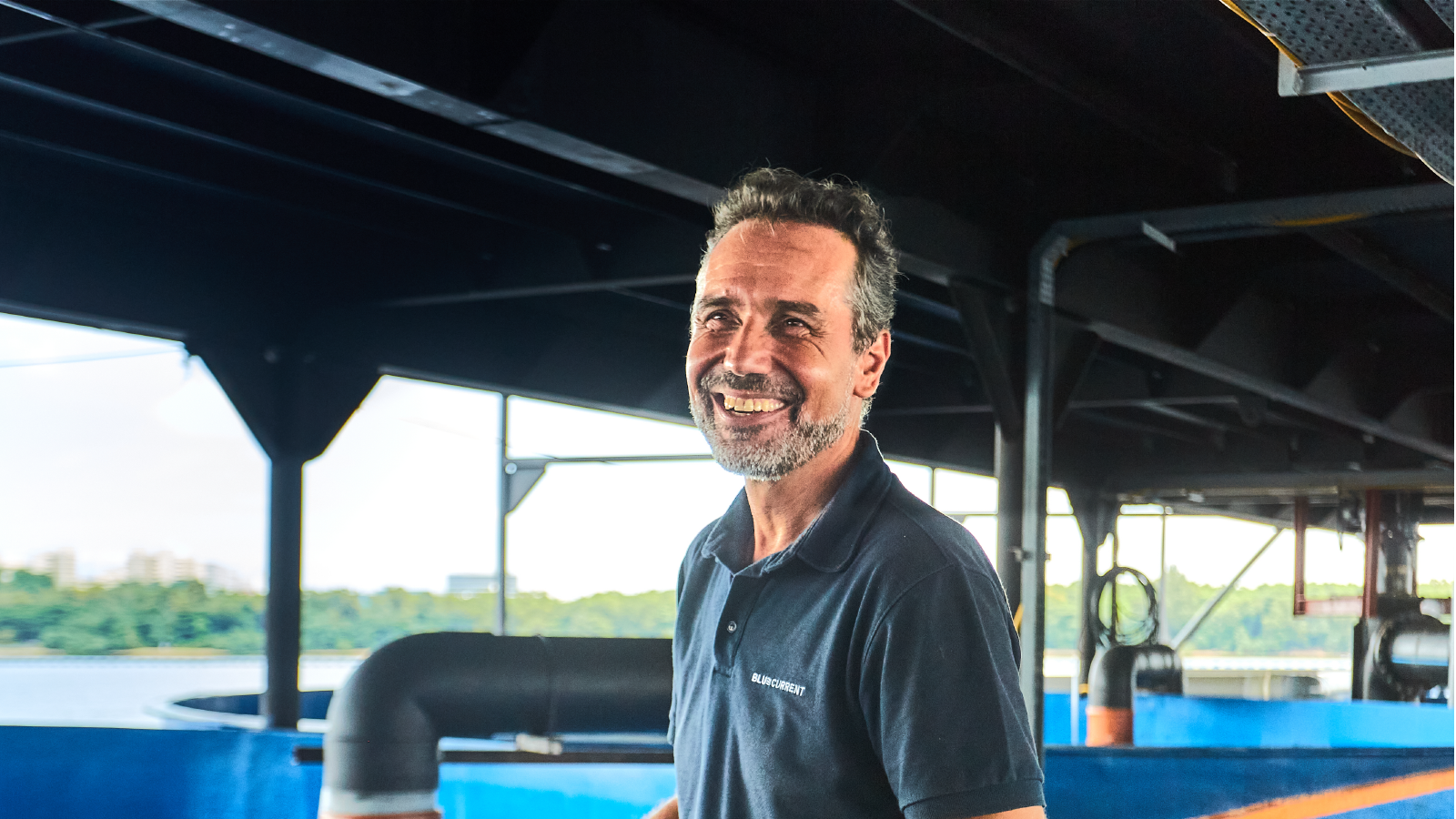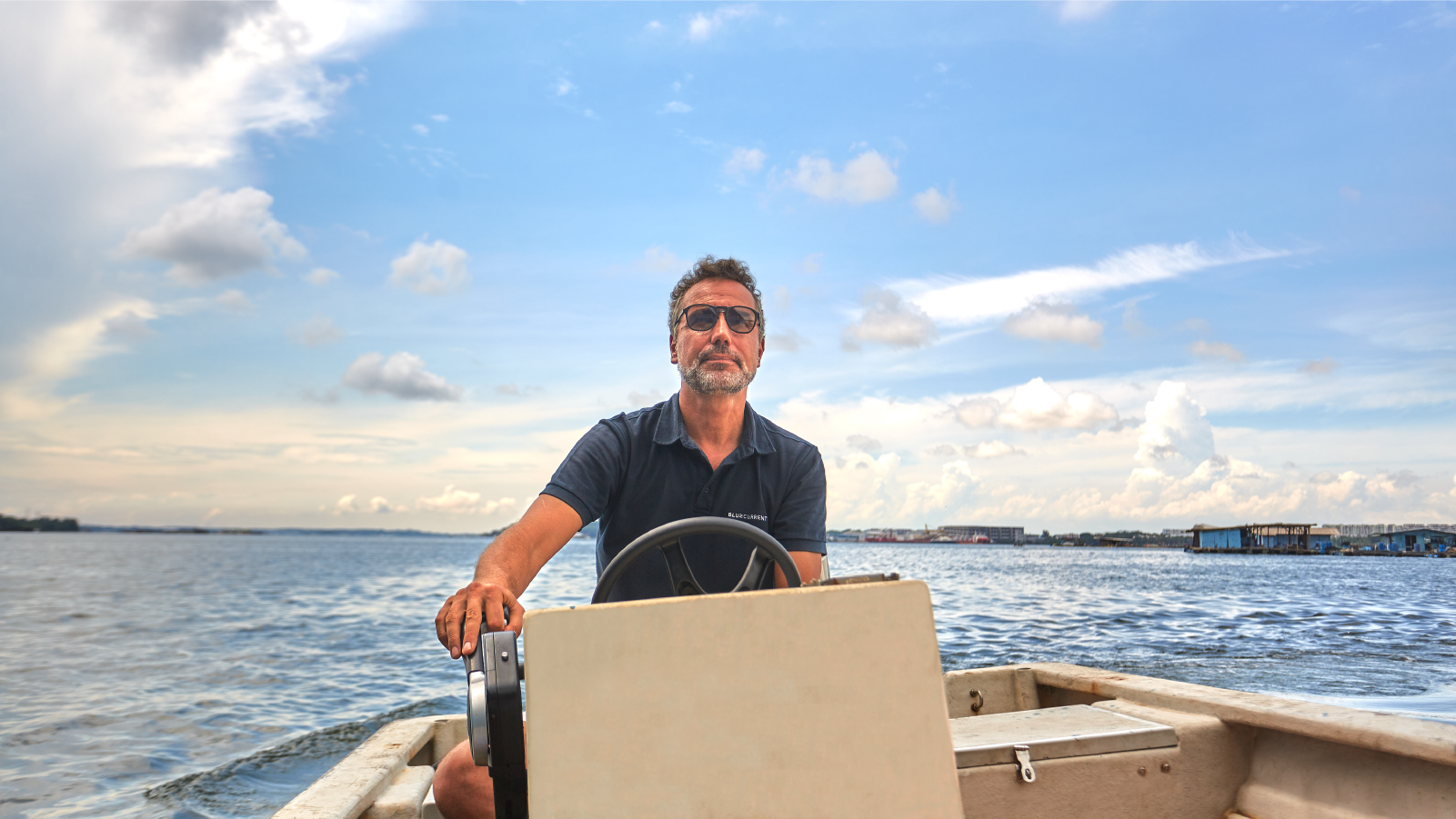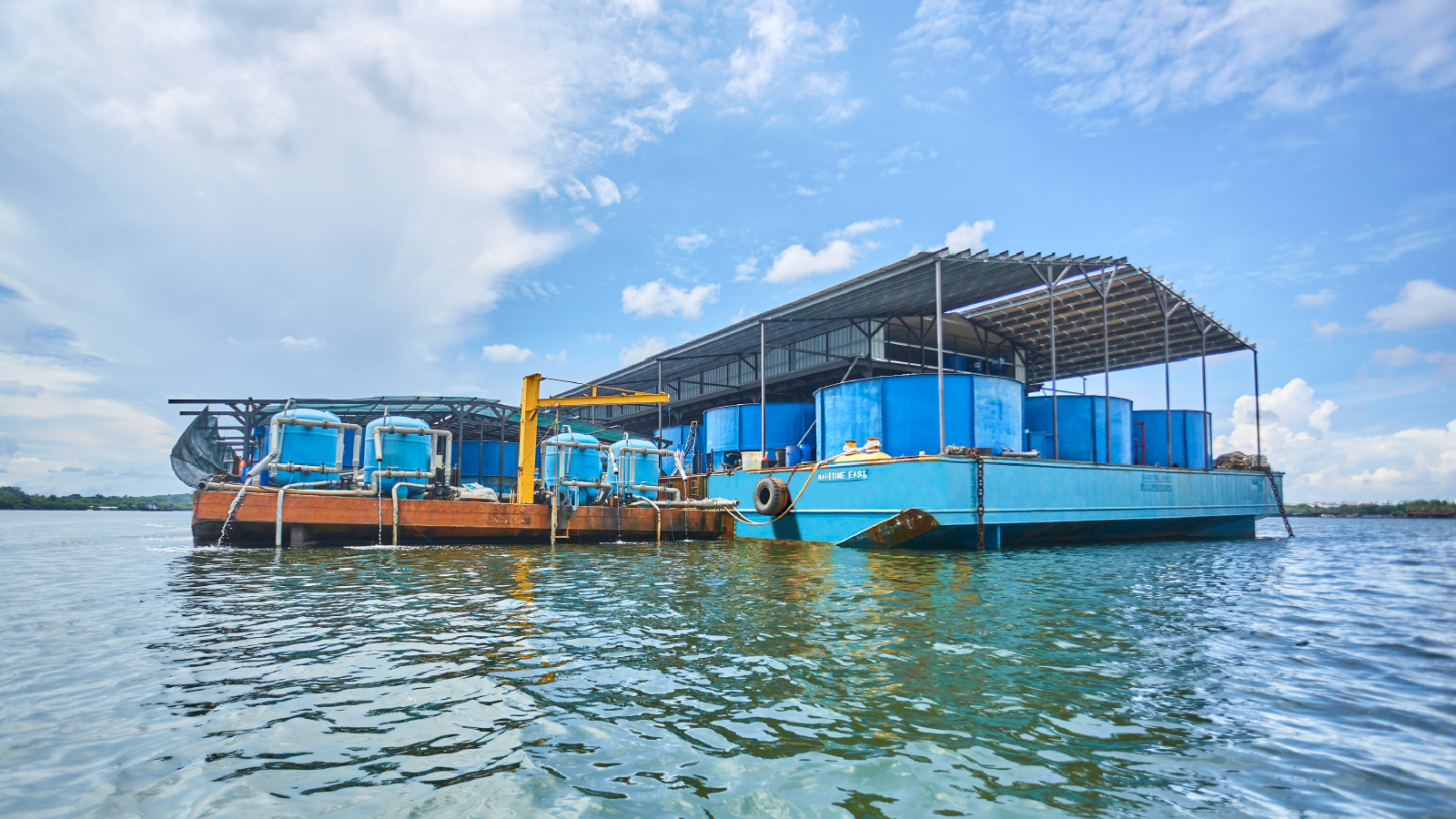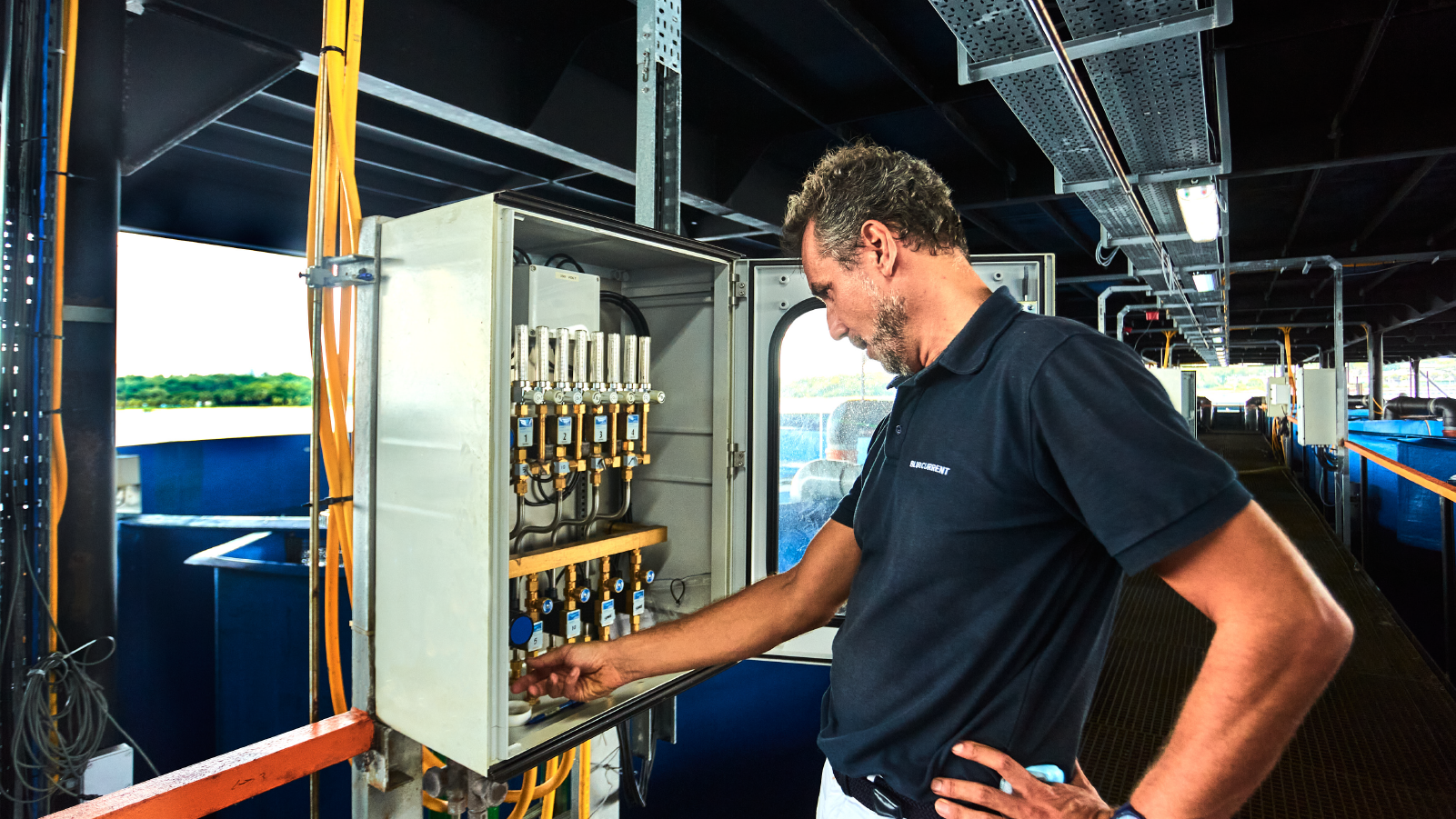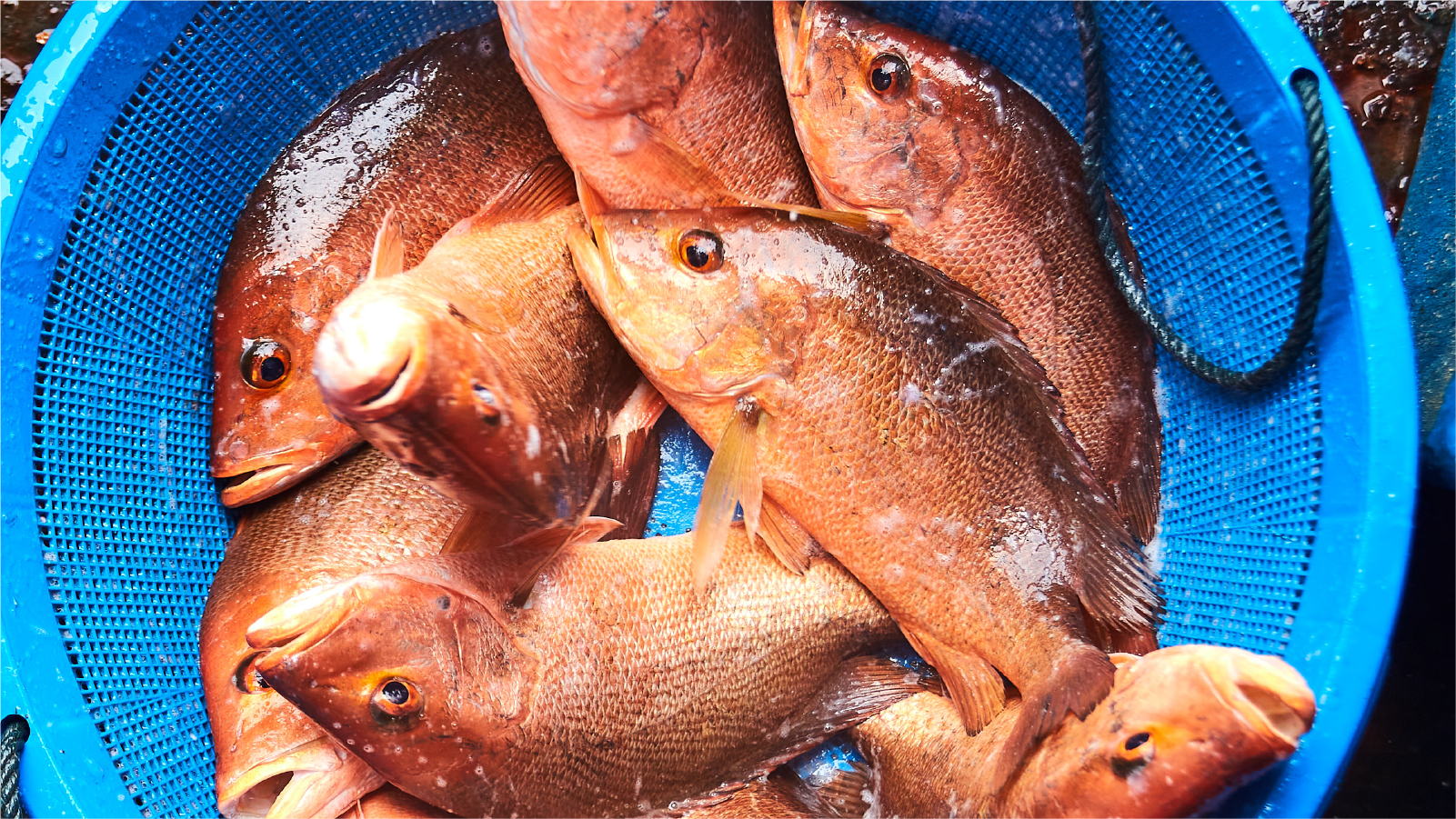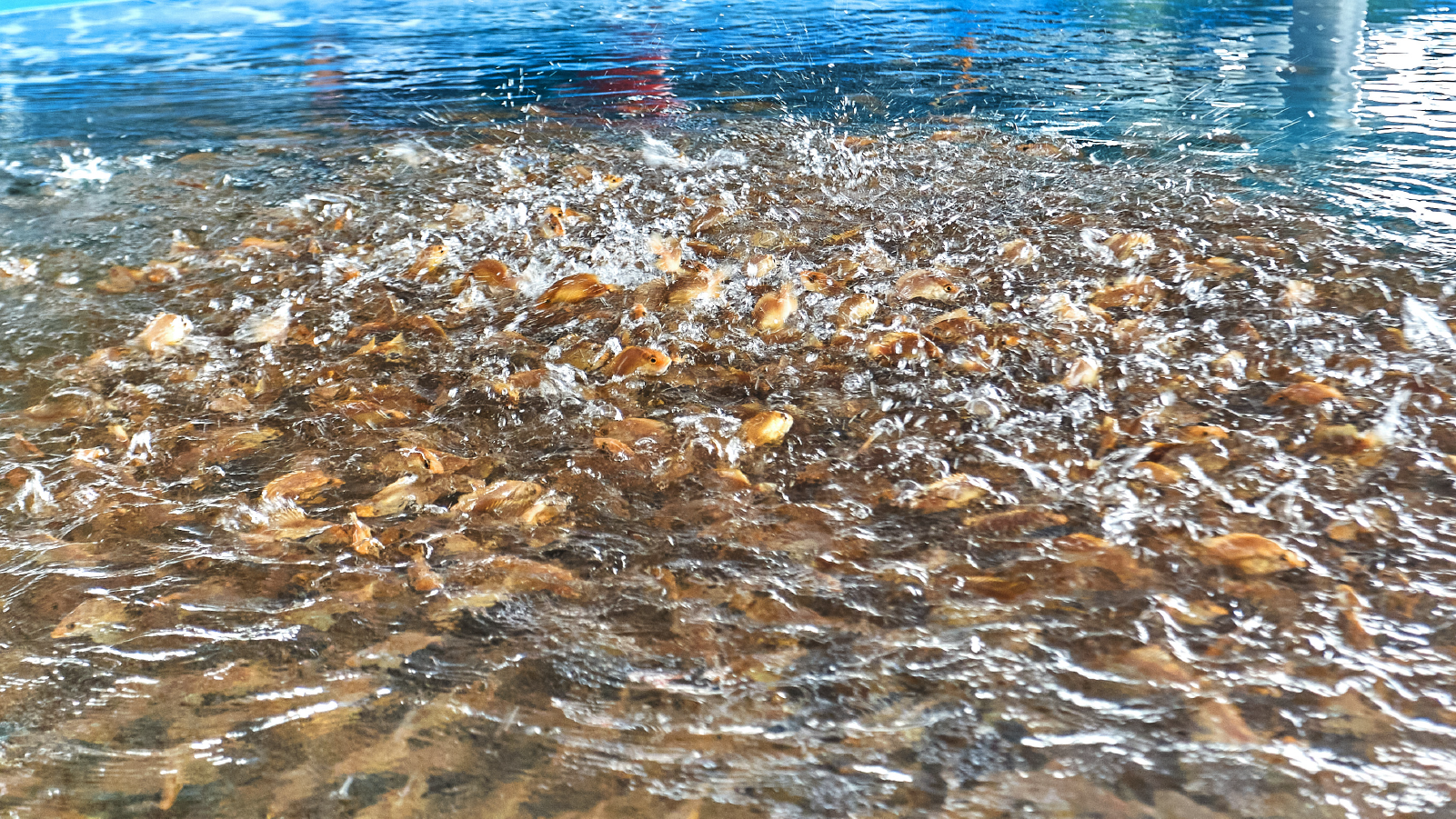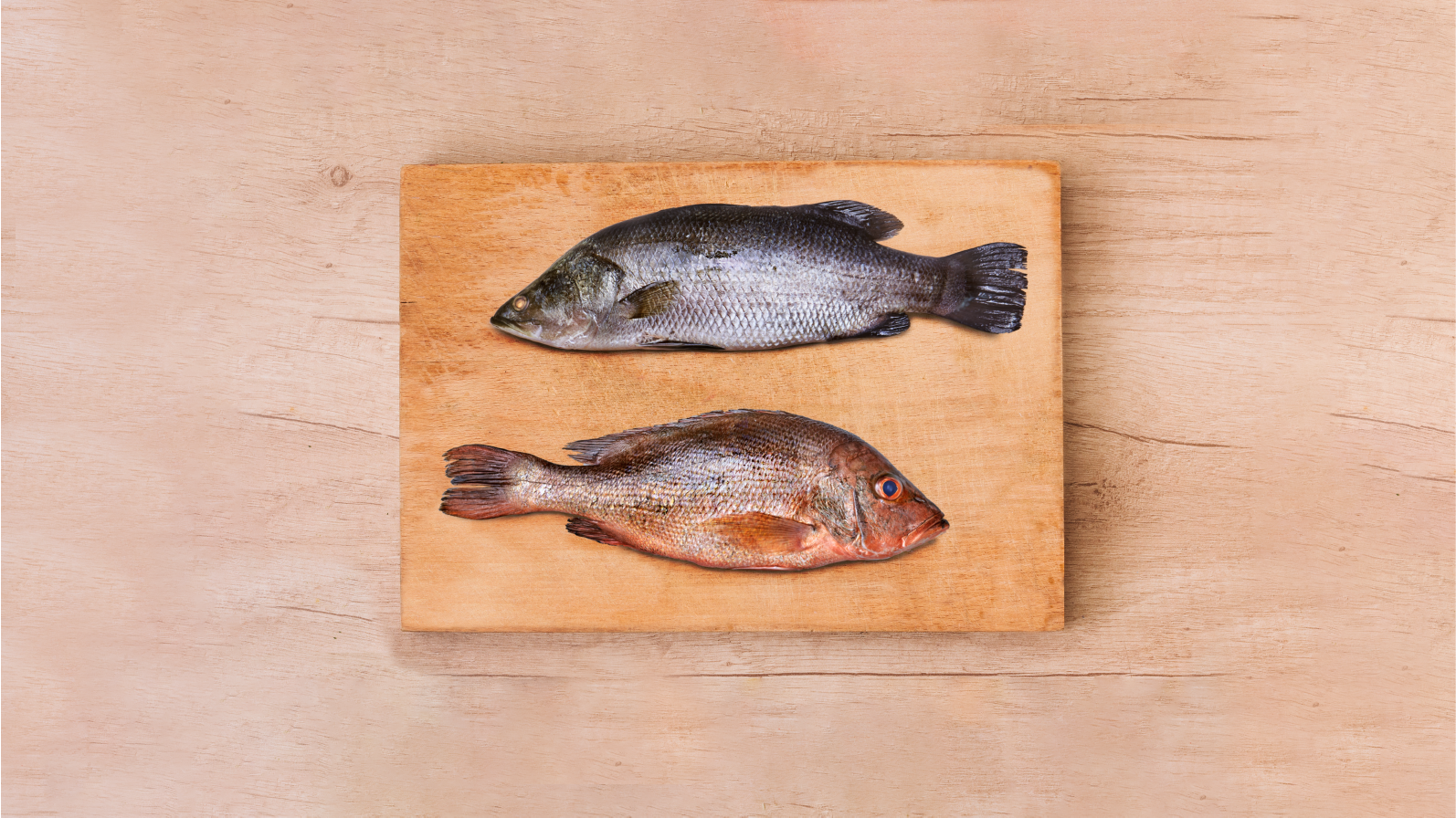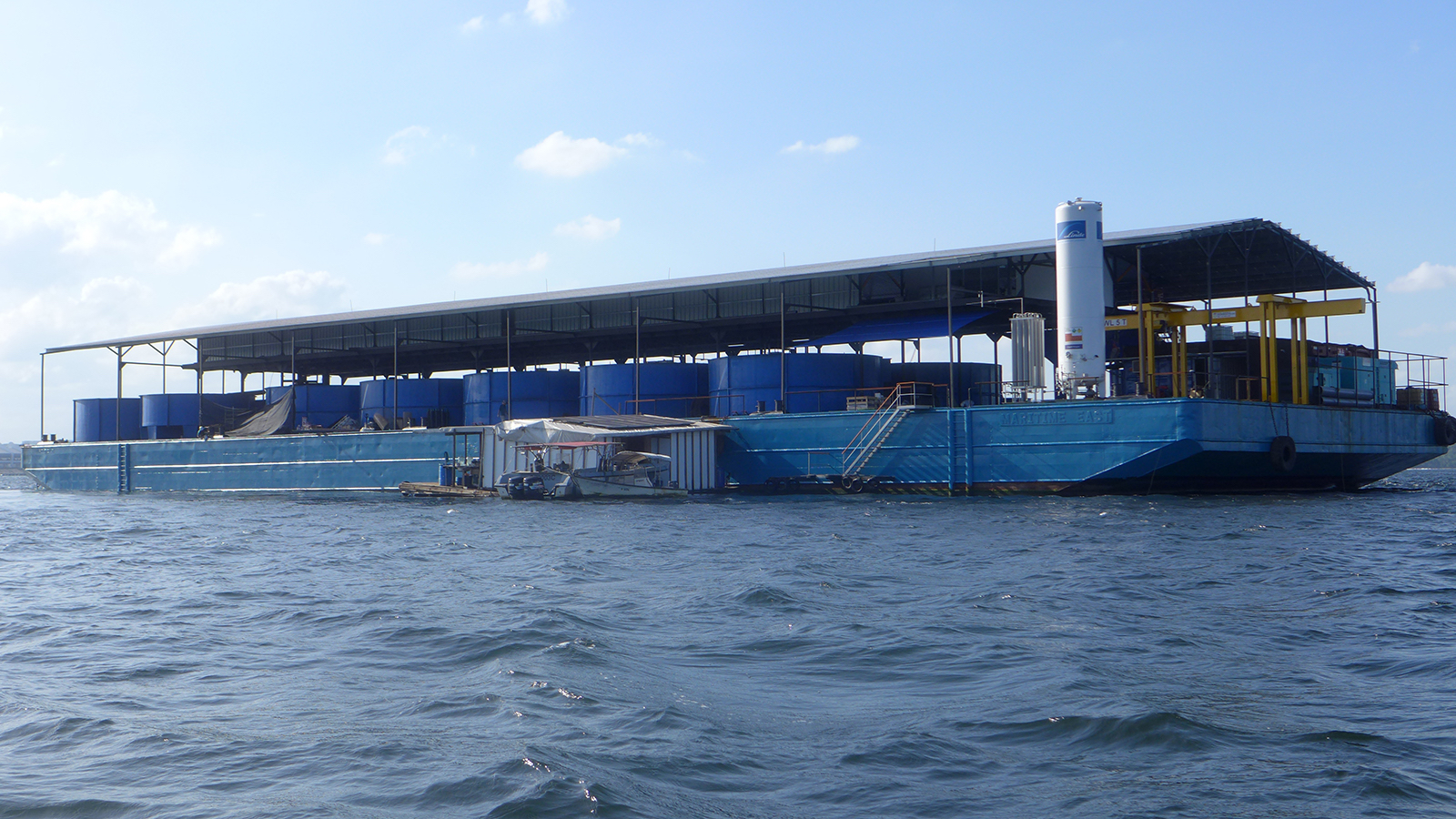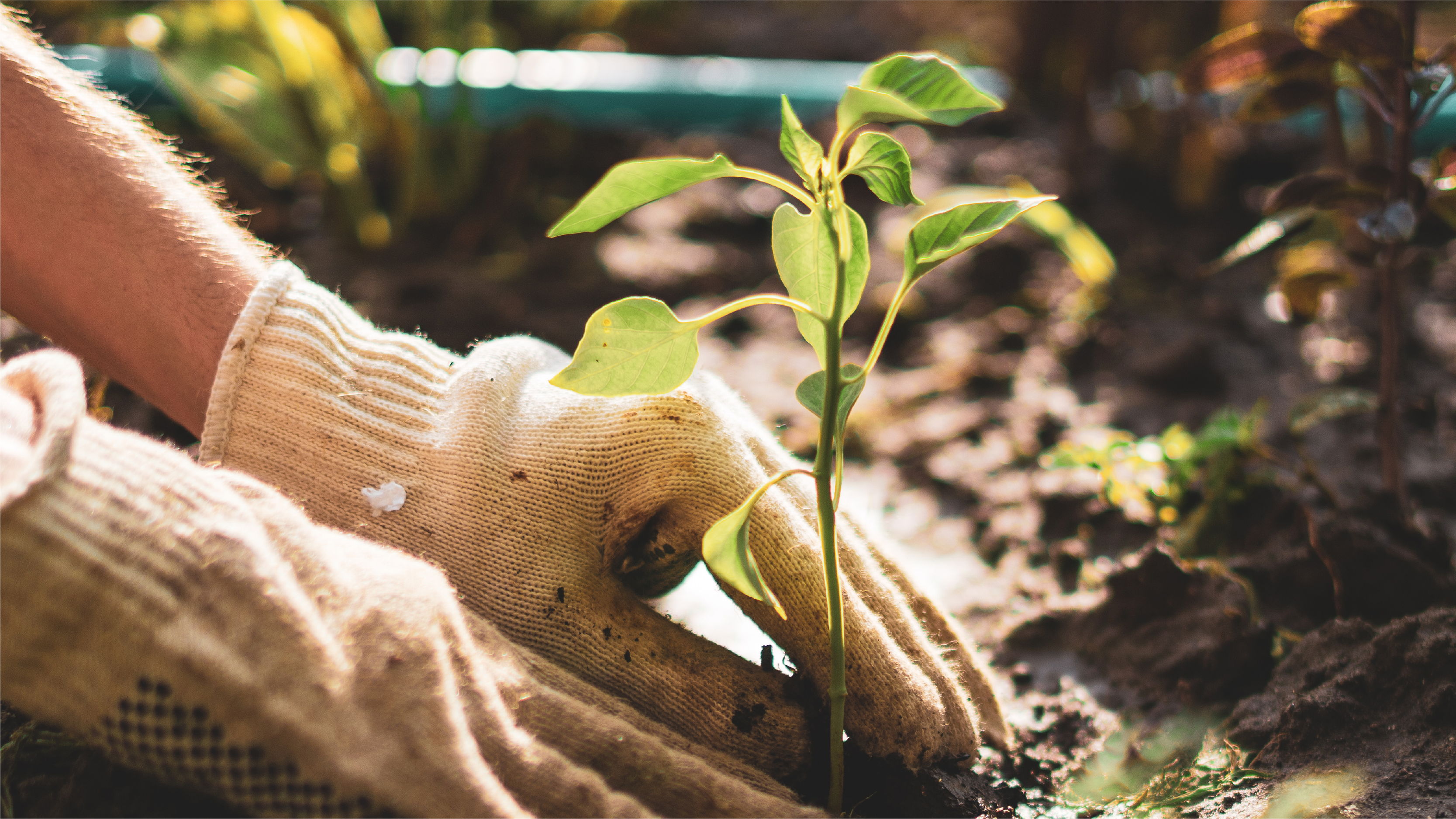Meet Dr Voigtmann
Chief Technical Officer
SAT
Getting his feet wet
Armed with a PHD in Organic Geochemistry & Fuel Chemistry and 25 years of experience in manufacturing, Dr Michael Voigtmann first took the plunge into the world of Singaporean aquaculture upon acquiring a local fish farm in 2011.
With his expertise and passion for new challenges, Dr Michael Voigtmann and his partner — Dr Dirk Eichelberger — have established Singapore Aquaculture Technologies Pte Ltd (SAT) as one of our country’s most successful smart fish farms.
The doctor is in
The good doctor answers your questions about the complexities, challenges and rewards of high-tech fish farming.
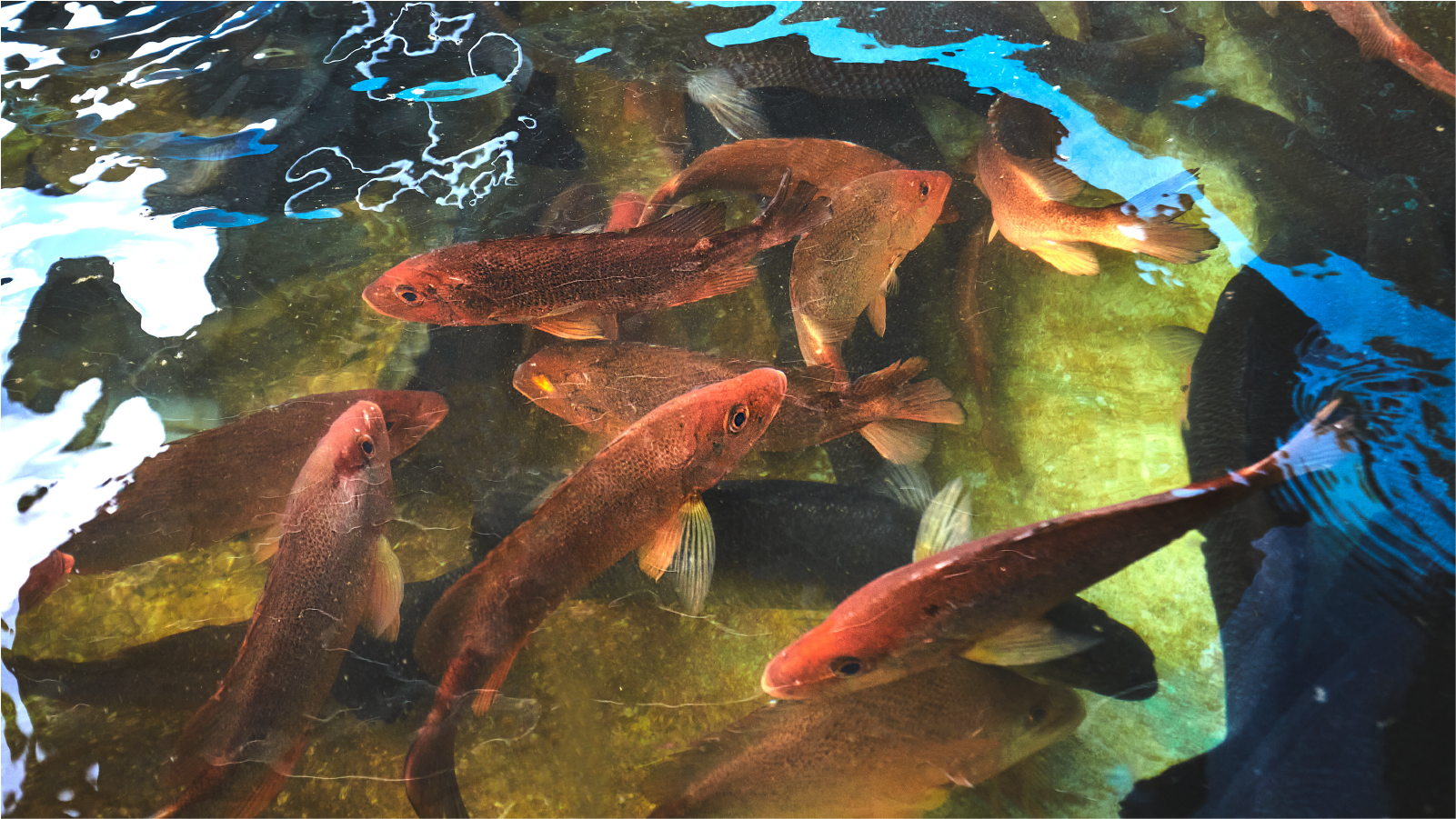
What’s the biggest challenge you faced starting out?
“There’s a common saying among fish farmers in Singapore: “Fish only die once”.
The biggest challenge was keeping the fish alive, and not letting them die while you’re learning from your mistakes…or as we say in Singapore, “paying school fees”.”
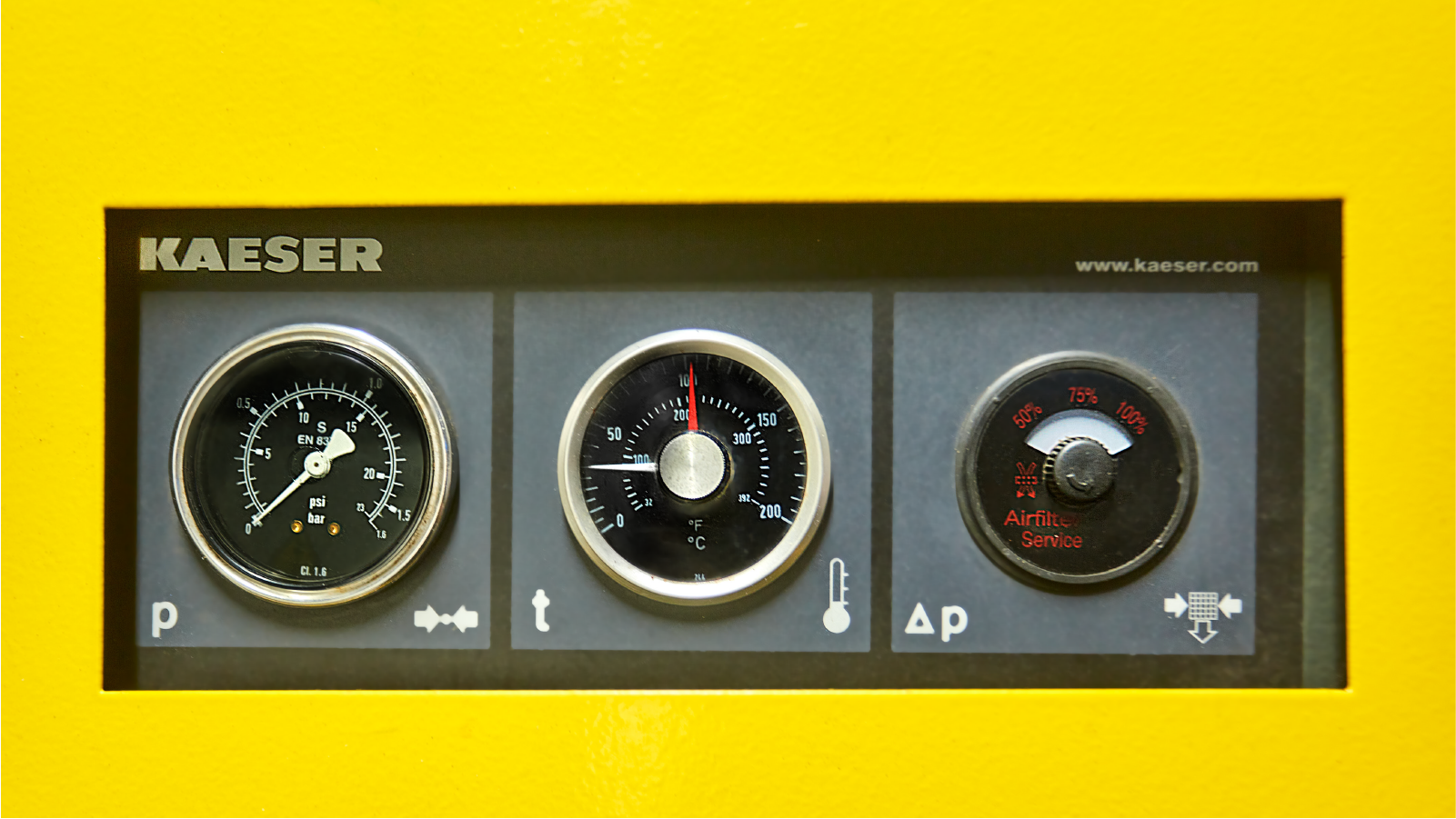
What does it take to run a smart fish farm?
You have to see everything. You’re working with the complexities of biology, water chemistry, engineering — all of those elements have to work together in harmony. Being able to do just one element well is not good enough. It’s a mix of technology, biology and chemistry, and your approach has to be holistic.
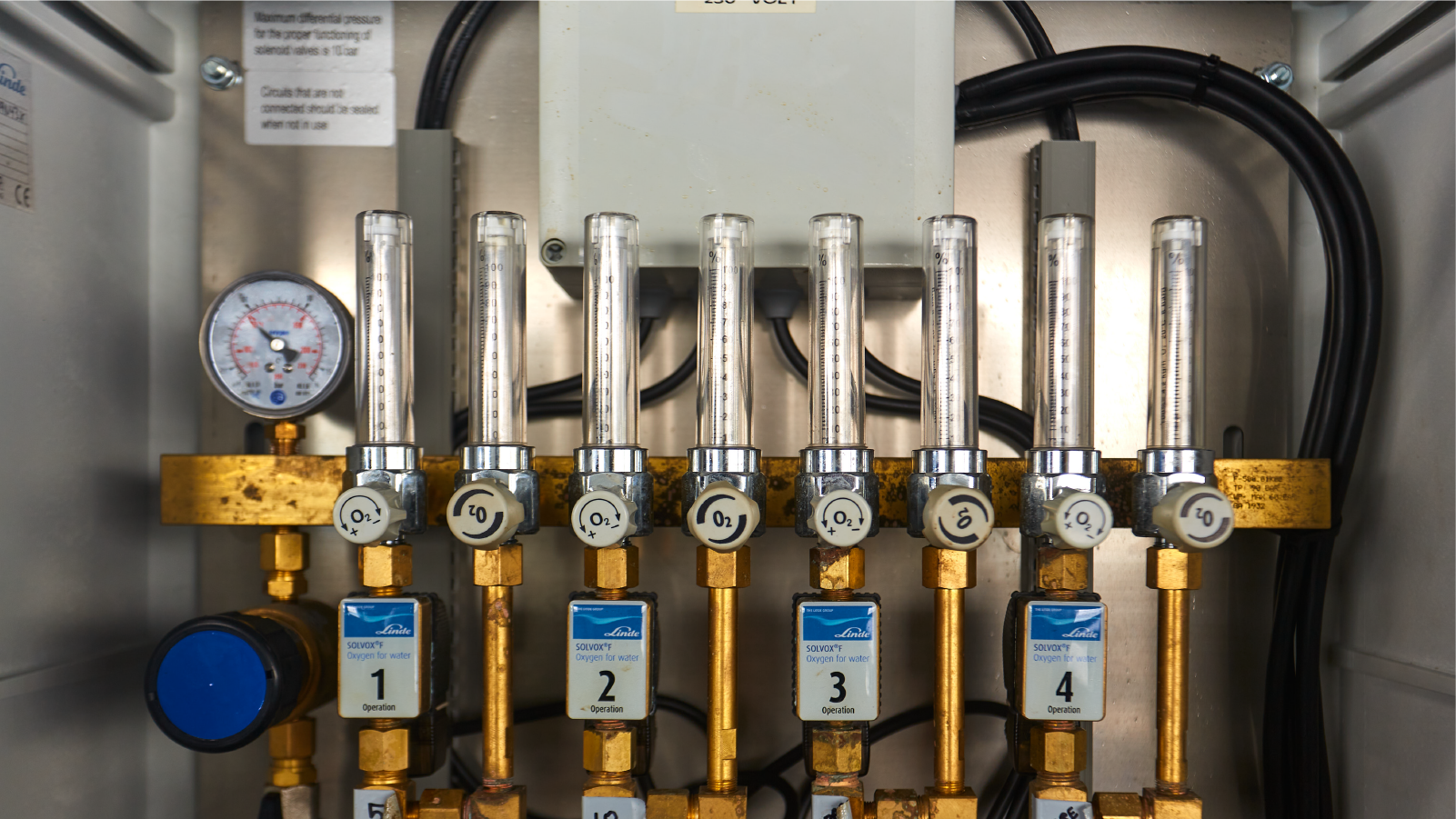
Could you share a specific challenge that you tackle on a daily basis?
Fish need oxygen to be happy and to be healthy. Oxygen is in the water and oxygen demands increase as fish feed.
You need to understand that to keep the fish happy, you’ll need a certain level of oxygen, and that increases or decrease as I’m feeding them…which I have to consider when I’m designing the engineering solutions. It’s like a ripple effect. And issues like these are dealt with every day!
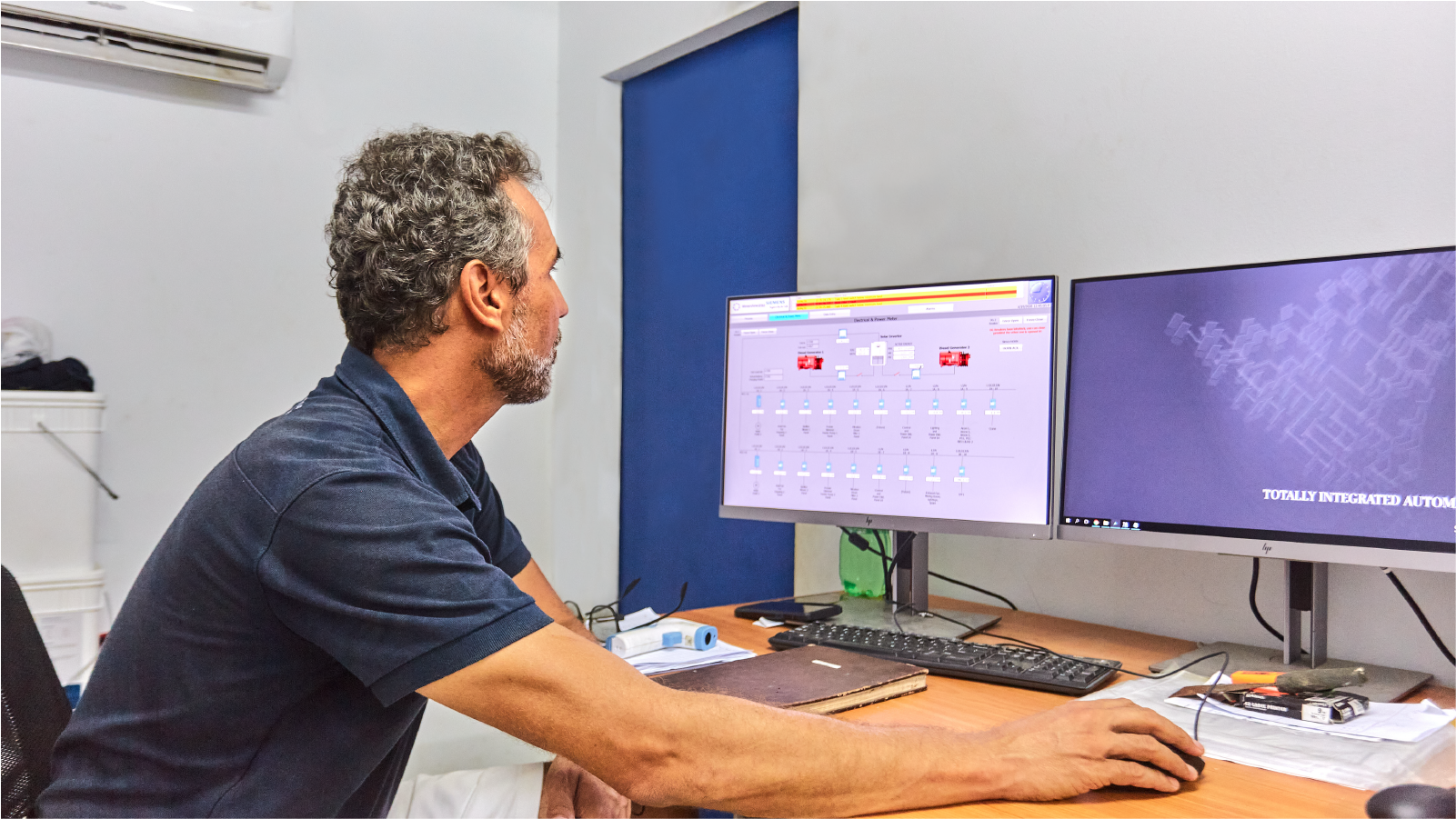
What makes you persevere through such complex problems?
I must be a glutton for punishment! Or maybe - this is the real answer. I think I know where this story is going; I can see a big picture that’s evolving. And it’s the big picture that keeps you going.
As a scientist and entrepreneur, if you don’t thrive on that challenge you should be doing something else.
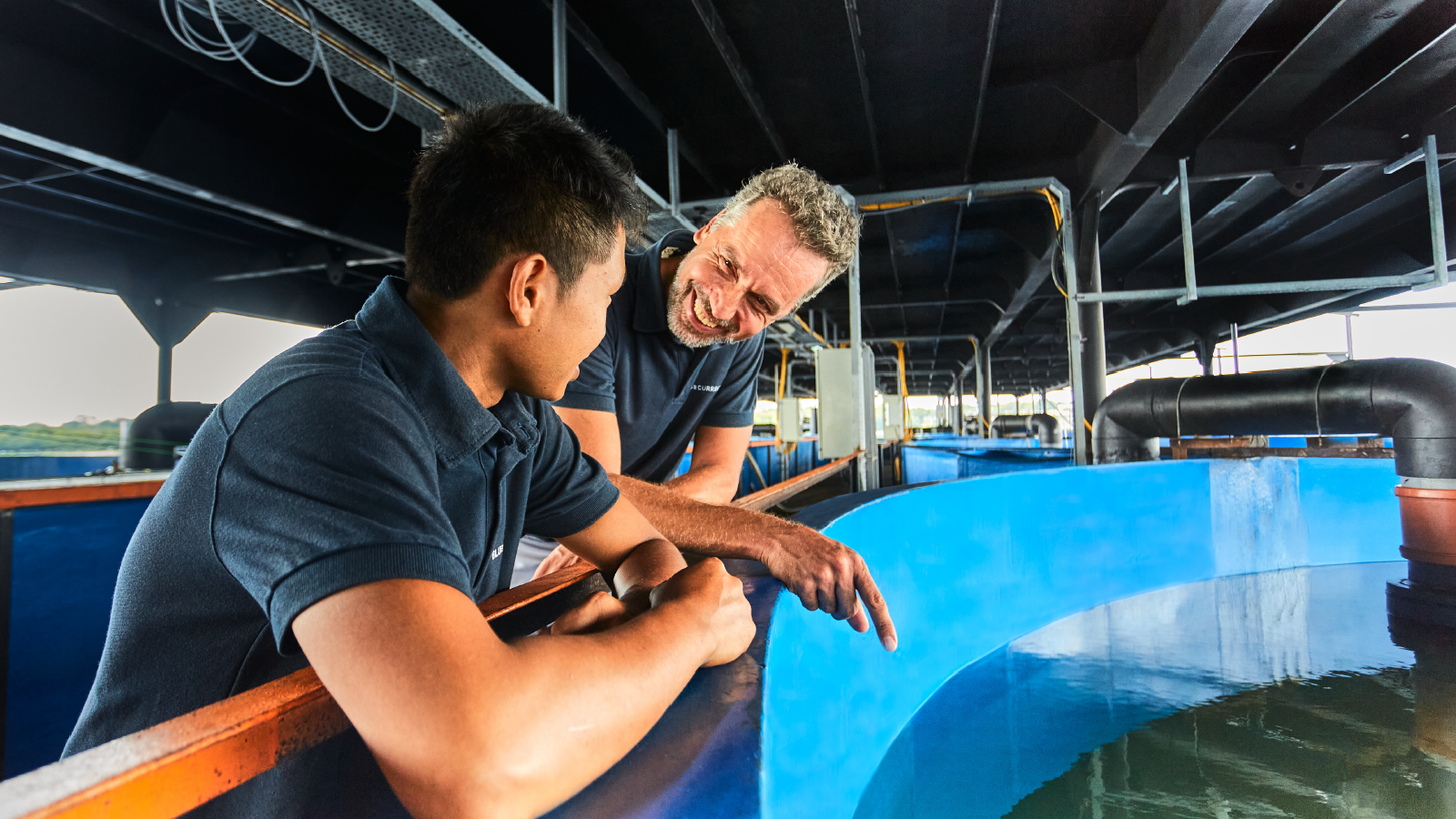
What personality traits does an aquaculture farmer need?
Being open to learning. Understand that others have knowledge they’ve acquired the hard way. You have to sift out the kernels of wisdom from that experience and assemble it into your current situation.
A day in the life
“Every day is different,” Michael enthuses. “That’s why we do what we do.” Unlike 9 - 5 jobs, Michael tackles a different challenge every day. He visits the farm daily to check on the fish, ensure that staff are aligned in their priorities and that urgent issues like technology-based problems are tackled immediately.
The needs of the farm require him to be in constant correspondence with stakeholders, shareholders and suppliers from Europe and America. “It may seem like a lot, but the constantly changing problems are what keeps me excited,” Michael says. “I also get to the farm by boat…that’s a pretty cool way to get to work!”
Food for thought
Michael gives you expert insights to chew on.
Misconceptions about locally-farmed fish
Many people tend to think that if it’s locally grown, it’s not good. The belief is that it should come from a pristine fjord. In Michael’s view, local is fresh by definition, because it’s from a farm right around the corner… and the best tasting food is always fresh food!
Is local too expensive?
Some people may say that locally-farmed fish is too expensive, but according to Michael, 70% of the cost of the fish is in the fish food. No matter where it’s farmed, if you want a cheaper fish, feed quality may have been compromised…and fish tastes of the food it eats.
Writing the SG Food Story
From Michael’s perspective, community and dialogue is key to writing our SG Food Story Together. But farmers need to win hearts and minds with logic, and not just because of a shared sense of solidarity.
SAT’s red snapper and barramundi can be found under the BluCurrent label at RedMart, Straits Market, Super Nature, Eat Organic and Sasha’s Fine Foods.

